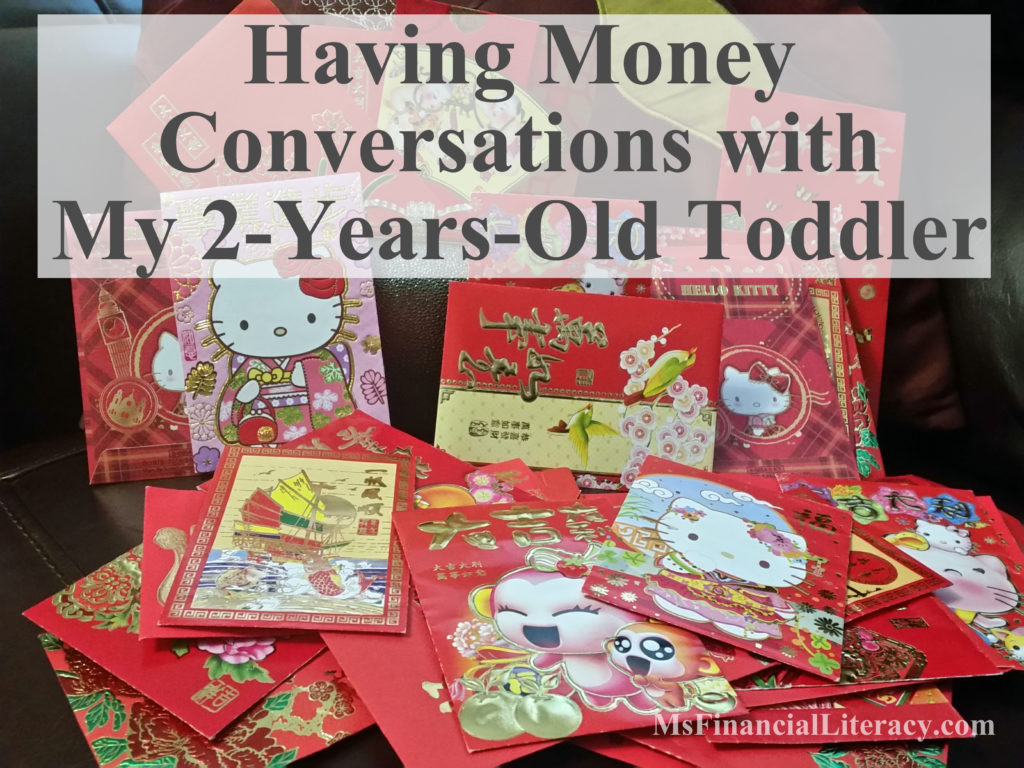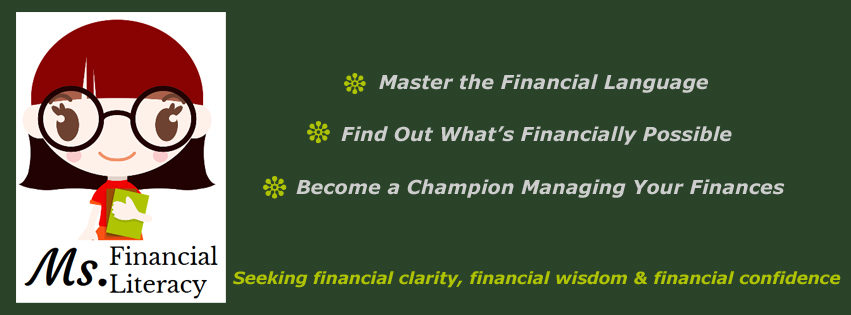What was your money story like growing up? What did your parents and/or grandparents teach you about money? What kind of conversations would you like to have with your child about money? When is a good time to start teaching your child(ren) about money?
My Story with Money
While growing up in China, my parents didn’t talk about money with me and I didn’t ask them questions related to money. I had no reason to. They took care of all my needs (I wasn’t aware of the concept of allowance until I was in my early 20s). There wasn’t much I wanted other than buying snacks at school.
I was 11-years-old when I first stepped inside a bank (with my aunt). That was shortly after I immigrated to the U.S. On that same day, my aunt gave me 37 cents so I could learn the U.S. currency. It was a very memorable experience for me. That 37 cents seemed like a lot of money at the time.
At the age of 13, I started working part-time. By the time I graduated from high school, I had over $4000 in savings. I used some of that money to buy myself a laptop and a camera for college.
When I finished my undergraduate studies, I saved over $10,000 in my bank account. I had scholarships to cover all my tuition, fees and living expenses. I also worked part-time. With that amount of money in my bank account at age 22, I felt rich!

My Husband’s Story with Money
When I was a child, my father was a truck driver and my mother worked at a photo lab. Neither of them had a high paying job, but both tried hard to make sure my brothers and I were taken care of financially.
Somehow, I learned to be mindful about money as a young child. I recall going to the grocery store with my father and brothers when I was about 6 years-old and paying attention to the unit price of items. I even took items out of the cart that my younger brothers put in and placed them back onto the shelves. When I was 10 years-old, I helped my father balance his checkbook.
At 13-years-old, I had my first part-time job. I worked throughout high school and college. When I was in middle school, my father told me I’d have to find my way to fund my college education. Since that day, I was determined to become the validictorian in my high school class. And I did. I received a full scholarship ride to attend college. Once I graduated from college, I secured a full-time position with the company at which I was working seasonally.
The Money Story I Hope My Daughter Will Have
My husband and I agree that we want to have and maintain an open conversation about money with our daughter. She will know how much we have. At the same time, we will make sure she understands that how her parents got to where we’re at now took years of hard work and discipline (inject some smarts into the equation, too).
We hope she’ll be curious about our financial choices and ask us lots of questions. My husband and I will also share with her our ‘why’ for pursuing financial independence (I wrote a post on this here). When my daughter goes to school, she’ll notice that her parents are a little different than most of her classmates’ parents—we don’t have a 9-5 job to go to. And we want her to know that this kind of life is also possible for her, too, if she chooses to pursue it.
What My Toddler Already Knows About Money
At barely 1-year-old, my daughter was introduced to money bills and coins (thanks to her daddy). I recall teasing my husband about his eagerness. Before Ruby’s second birthday, she was already aware of some of the things money can do. She saw her daddy handing over $18 to a stranger in exchange for the “new to her” pink bike. Ever since then, each time she sees the bike she would recount aloud the event of that exchange being happening. “Baba gave Mr. stranger money!”, she would say meanwhile pointing at her bike.
She also knows that money can buy her cheese, yogurt, raspberries, strawberries, eggs, muffins, cakes, fish,…basically all the food that she can put in her mouth. When being asked where’s her money, she would reach inside her pockets, feels her pockets for a second and then pulls out her hands showing us that she doesn’t have any money. On days when she’s not wearing clothes with pockets, she would check all over her tops and bottoms for pockets and concludes “mei you money”, which means, no money.
For months now, Ruby has been taught that her daddy and mommy go to work to earn money. When I arrive home from work, I like to ask Ruby what she has done and where has she gone during the day. Her responses vary from day to day, depending on her schedule. Once a while, the conversation would go like this (in Mandarin; ignoring the tenses):
Ruby: Ruby goes to work.
Me: Ruby goes to work? Why do you go to work?
Ruby: Go to work to earn money.
Me: Really? Where is your money?
She would then reach inside her pockets (or searches her pockets all over) and let me know she has no money.
A couple weeks ago, it was lunar new year. As a tradition, kids receive red envelopes with monies inside (you can read more about the tradition here). A few days before lunar new year, my parents were already preparing Ruby for that day to come. My mom and dad bought Ruby a beautiful traditional dress. Ruby also watched as my mother put money into hundreds of red envelopes.
On the morning of lunar new year, Ruby got up from her crib and the first word that came out of her mouth was “Moneyyyyyyy”. When she noticed me, she said/asked, “Money ah? Money ah?”
Throughout that day, she occupied herself with opening the red envelops. Each time she takes a money bill out, she would randomly say some numbers attributing to the bill(s). Her favorite number was 25. I told her we could probably get a cake with $25. At the end of the day, I showed her all the red envelops she collected.
Me to Ruby: With all the monies you have now, we can probably buy 10 cakes tomorrow. Would you like that?
Ruby: Okay!
Me: Who would you give the cakes to?
Ruby: mama, baba, porpor, gonggong,…teacher…Rianna meimei, Aidan gege…
Me: What else would you like to buy?
Ruby: chocolate, muffins, cookie, eggs, chicken, oranges, cereals, cashews, apricots, stickers
Me: Okay. Mommy putting away the money for you now. We’ll buy cakes tomorrow.
Ruby: Okay!
********
It’s never too early to teach kids about money. From very early on, my daughter surprises my husband and I each day with how much knowledge she retains. Nowadays, she’s certainly very excited about money and what money allows her to do in her little world. I already have plans for her next money lessons and will be sharing this in my next post. Watch out for that.
What was your money story like growing up? What kind of conversations do you plan to have with your child(ren) about money?
If you’ve already started on this path, my readers and I would love to hear about your experiences.
Please comment below to share.
